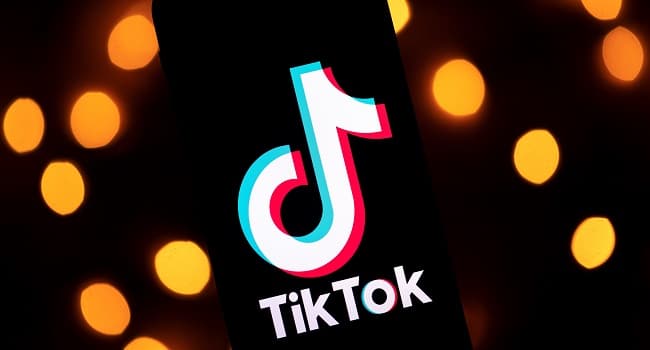
ABUJA, Nigeria – Jihadist groups in northeastern Nigeria are increasingly using TikTok to spread extremist propaganda, recruit fighters, and showcase their firepower — a worrying trend that is compounding an already deadly insurgency in the region.
In April alone, at least 100 people were killed in a renewed wave of jihadist attacks, as Borno State Governor Babagana Zulum warned that the state is gradually losing ground to armed groups. Borno has remained the epicentre of Nigeria’s 15-year-old insurgency, which has claimed over 40,000 lives and displaced more than two million people.
Despite efforts by security agencies to clamp down on terrorist communication channels, extremist content is now surfacing on popular platforms like TikTok — with jihadists posting videos flaunting rifles, grenades, and wads of cash. Some accounts broadcast live, featuring men preaching anti-Western rhetoric in a style reminiscent of Boko Haram’s late leader, Abubakar Shekau.
According to videos reviewed by AFP, these TikTok users have adopted interactive formats — going live, answering questions, and receiving digital gifts, which are monetizable.
“It started with bandits,” said Bulama Bukarti, Vice President of the Texas-based Bridgeway Foundation. “Now, Boko Haram members are hosting live TikTok shows — spreading propaganda, justifying their violence, and threatening anyone who dares speak against them.” Bukarti revealed that he was directly threatened in a now-deleted TikTok video.
Though many of these extremist-linked accounts have been flagged and removed, AFP found that several were still active as of April. TikTok, in a statement, emphasized that it maintains a “zero tolerance” policy toward terrorism and has partnered with the UN-backed Tech Against Terrorism to improve detection and content removal.
“Terrorist groups and content related to these groups have no place on TikTok,” the company said, acknowledging the challenge in quantifying the number of accounts linked to such groups that have been taken down.
Among 19 accounts reviewed by AFP, several featured men dressed as Islamic clerics, openly calling for violence and showcasing weaponry. Others recycled footage of Boko Haram founder Mohammed Yusuf and controversial preacher Isah Garo Assalafy, who has been banned from preaching in Niger State.
According to Saddiku Muhammad, a former jihadist who defected from the group, the shift to TikTok is deliberate. “Jihadists realised that to capture the minds of young people, they need to speak to them in the language they understand,” he said, describing the method as more effective than traditional extremist preaching.
Security analyst Malik Samuel of Good Governance Africa added that the move is symbolic. “By showing their faces, they’re signaling boldness — they want to prove that they’re unafraid and that they are real people.”
While the Islamic State West Africa Province (ISWAP) continues to use a more controlled, top-down approach to communication, analysts say Boko Haram’s strategy is raw, direct, and increasingly dangerous as it capitalizes on platforms widely used by Nigerian youth.
Authorities and digital platforms now face growing pressure to monitor and counter this digital insurgency before it recruits more vulnerable minds.
Comments